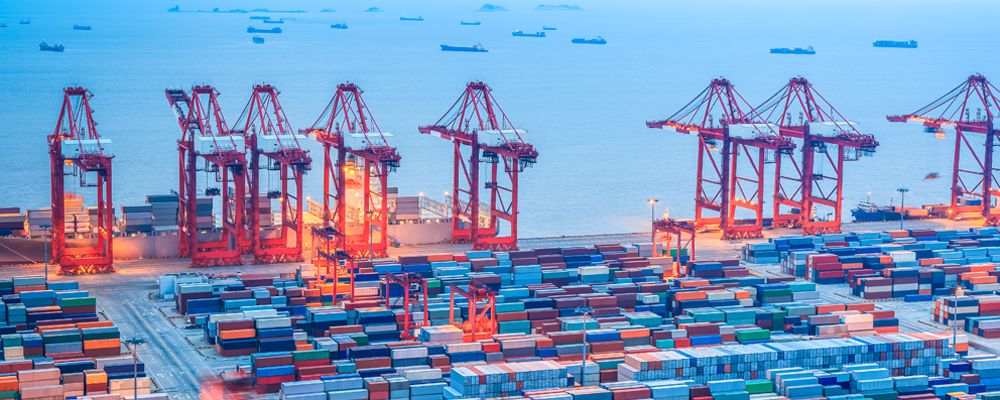China’s pace of technological innovation, international importance and growing economy is hard to stop
- Tuesday, July 2, 2019
 The world’s two largest economies have imposed tariffs on US$ billions worth of one another exported goods over the past year. The US is accusing China of stealing intellectual property from American firms, limiting access to Chinese markets for US business and of assisting domestic companies through subsidies and other support. President Trump also wants China to buy more US goods to help balance the heavy trade deficit and to level the playing field for corporate access.
The world’s two largest economies have imposed tariffs on US$ billions worth of one another exported goods over the past year. The US is accusing China of stealing intellectual property from American firms, limiting access to Chinese markets for US business and of assisting domestic companies through subsidies and other support. President Trump also wants China to buy more US goods to help balance the heavy trade deficit and to level the playing field for corporate access.
The heart of the problem is that China is closing the gap with the US to be the world’s most powerful economy. The threat of tariffs by Trump will likely continue as a negotiating tool to challenge China’s growing international influence and its government support for globally strategic industries. However, China’s pace of technological innovation, international importance and growing economy will be hard to stop.
The countries have been in negotiations since a trade truce was agreed last December. So far nothing has been agreed and there have been some mixed and conflicting messages over the progress of the talks. Anything but a meaningful agreement on trade will hurt the global economy and both sides know this.
There are four main areas of trade arrangements that are under discussion:
Firstly, The US wants China to purchase more US goods to reduce the trade deficit. China will likely agree to this as it can simply redirect purchasing from another market to the USA. This is likely to impact upon Europe and Japan.
Secondly, The US wants China to open up its domestic companies to outside competition and ownership. China could make some concessions here to increase foreign investment. The Chinese government could raise limits on foreign ownership of Chinese companies to 51% or higher. The ongoing issue of intellectual property theft from US companies in China is an continuing source of contention.
Thirdly, the US wants China to change its economic model which is at odds with global free trade. China’s large, state directed economy is in conflict with international trading systems, creating oversupply and pricing concerns. This occurs increasingly in high-end value-added areas. This fundamental change to the way China is run is a non-starter in these negotiations.
Fourthly, the US wants China to improve compliance, monitoring and enforcement of regulations after decades of false promises and disregard of World Trade Organisation (WTO) rules. China wants to be a world leader and to have the Yuan established as a reserve currency, but it consistently does not comply with WTO rulings. China sees these rulings as impeding its sovereignty and therefore it has become a real sticking point.
The WTO officiates over trade disputes between nations. It has suggested that any failure in these negotiations and the resulting heavy and comprehensive increases of import duties on Chinese goods entering the US would have a massive impact on the global economy. This would spill out into other countries and hit international trade cooperation.

Chris Davies
Chartered Financial AdviserChris is a Chartered Independent Financial Adviser and leads the investment team.
About Estate Capital
Financial Services
Our Contacts
7 Uplands Crescent,
Swansea, South Wales,
SA2 0PA.
Tel: 01792 477763
